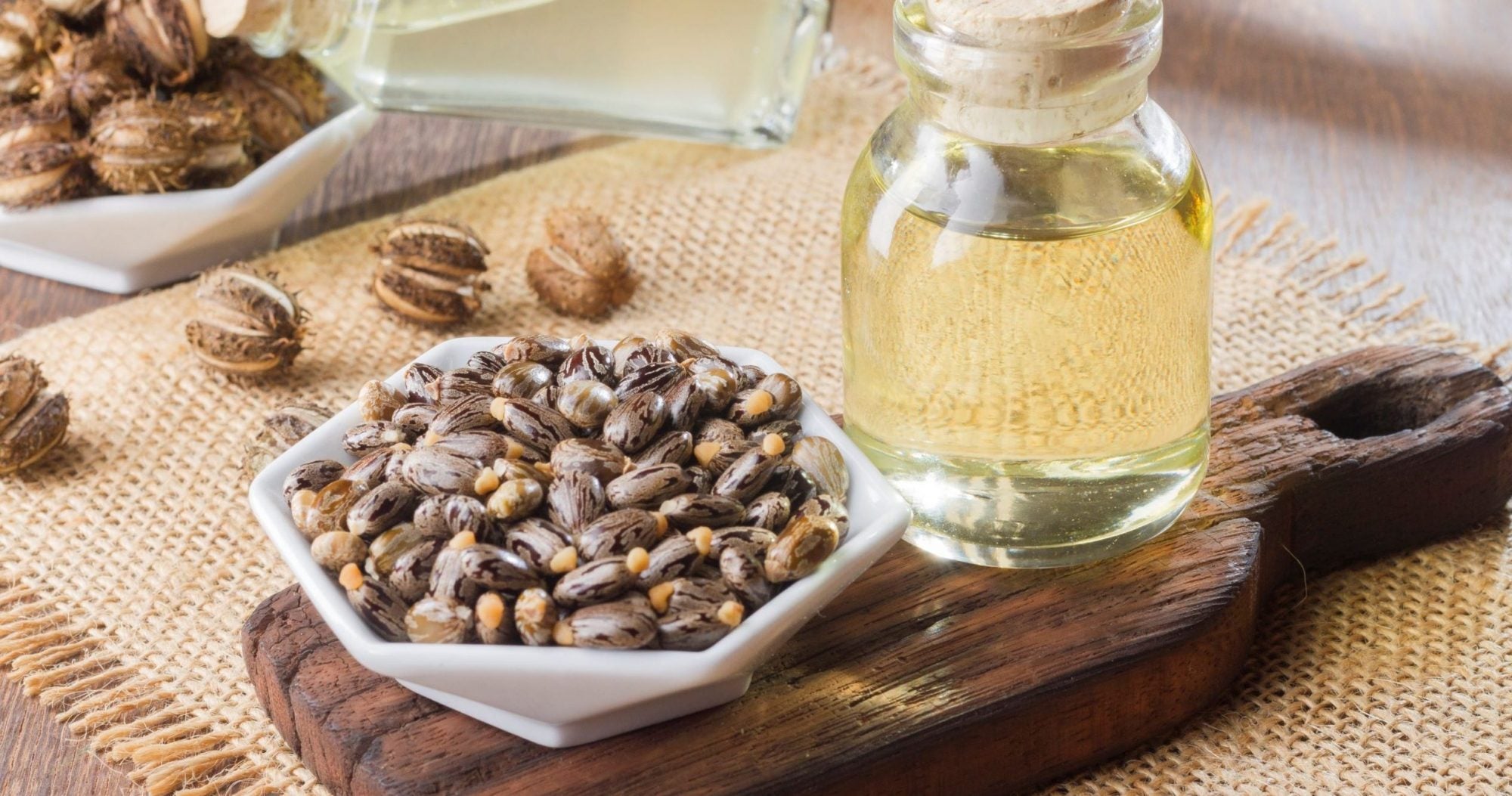Sustainability
The glasses are made from raw materials that are sourced in a fair manner, such as Castor beans from India. Founders Ruben and Alain believe that sustainability is not only about the environment, but also about social responsibility.

Sustainable cultivation of a castor bean
Harvesting a castor bean is an important moment in the growing process of this impressive tree. Castor beans are often used to produce castor oil, a valuable oil with many industrial and medicinal uses.
The harvest time of a castor bean depends on various factors, such as growing conditions, soil quality and weather conditions. The trees are usually harvested in the fall, when the berries are fully ripe and the oil content is highest.
Harvesting a castor bean is a labor-intensive process because the trees are often large and heavy. Harvesting is often done with the help of a ladder or a crane. The harvest of the berries is done by hand, because the berries are attached to the branches and are not easy to remove.
After harvest, the berries must be processed quickly to prevent the oil in the berries from spoiling. The berries are pressed to extract the oil, then filtered and pasteurized. This process ensures that the oil is clean and safe for use.
Harvesting a castor bean is an important moment for farmers and produces a valuable oil that has many industrial and medicinal uses. However, it is also important to keep in mind that a castor bean is a high maintenance tree that requires a lot of time and labor to produce a healthy harvest. Want to know more about this? view Castor SUCCESS project in which EveryWear participates.
3D printing: an example of sustainable technology
Castor beans are not only known as a source of castor oil, but also as a raw material for 3D printers. These trees produce a biodegradable resin called castor resin.
The castor resin is obtained by grinding the berries of the castor bean and pressing out the oil. The remaining resin is then dried and sieved to remove any impurities.
The castor resin is then used as a raw material for 3D printing filament. This filament is biodegradable, durable and strong, making it an excellent choice for applications such as packaging materials, medical devices and agricultural equipment.
EveryWear is also innovative in the sustainable production techniques they use. The glasses are printed with 3D SLS (Selective Laser Sintering) technology. This is a technique in which a laser applies a layer of powder layer by layer and uses it to build an object. This technique has a number of advantages over traditional production techniques.

Waste saving: a step further in sustainability
This technique has a number of advantages, including the fact that little waste is created. In contrast to traditional production techniques, which often produce residual materials, 3D SLS printing only uses powder that is necessary for the object. This means that there is less waste and that production is more efficient. This contributes to our mission to have a sustainable and ethical approach in everything we do.




Share:
Top 4 sunglasses problems EveryWear solved!
Where is the best place to buy your sunglasses? in an eyewear store?